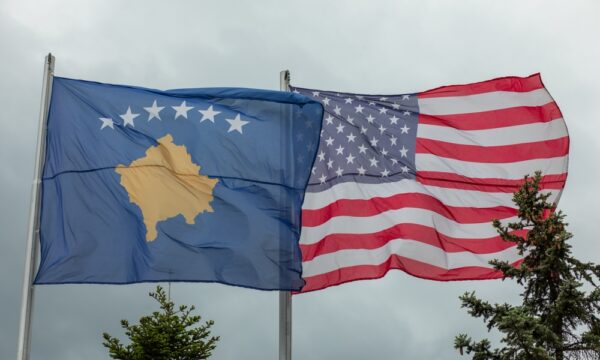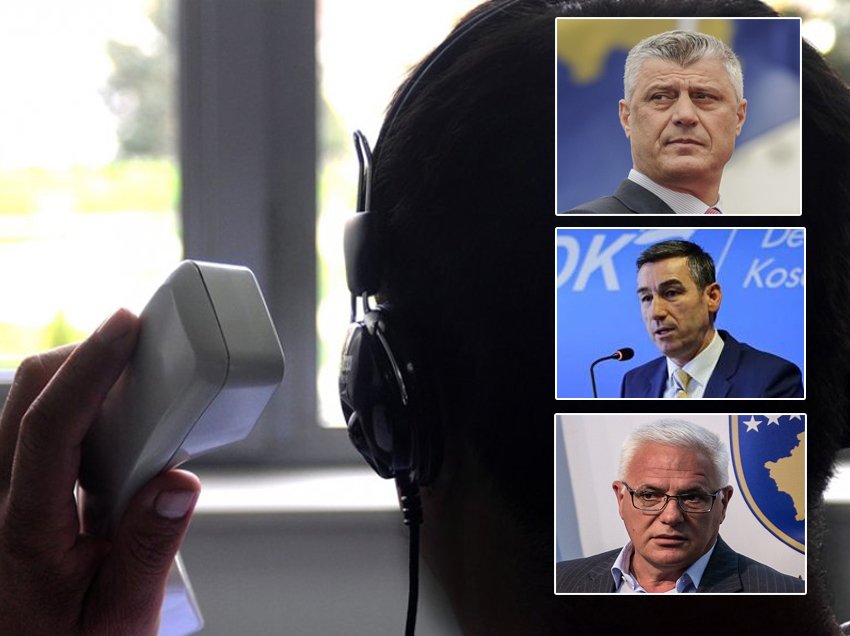 PRISTINA (Reuters) – Kosovo accused former master Serbia on Saturday of abducting two Kosovo Albanian police officers patrolling their joint border and demanded the European Union intervene, in the latest sign of tension ahead of Serbian elections in May.
PRISTINA (Reuters) – Kosovo accused former master Serbia on Saturday of abducting two Kosovo Albanian police officers patrolling their joint border and demanded the European Union intervene, in the latest sign of tension ahead of Serbian elections in May.
Serbia’s interior ministry said it had arrested the two men on Serbian-controlled territory and released photographs of them handcuffed and face down in a wooded area. Weapons and radios were scattered on the ground and masked members of the Serbian gendarmerie stood over them.
Majority-Albanian Kosovo declared independence from Serbia in 2008, but Belgrade does not recognise the secession and is maintaining partial control over a small slice of northern Kosovo where some 50,000 Serbs live.
After small signs of progress in relations between the two this year, tensions are again rising over Serbia’s intention to hold local elections in some Serb-populated areas of Kosovo on May 6, when Serbia also holds a parliamentary election.
The EU, which in March made Serbia an official candidate for membership of the bloc, has urged Belgrade not to hold the local election, and Kosovo has threatened to prevent voting.
Kosovo’s interior ministry said the two officers had been “abducted” within Kosovo-controlled territory. The government issued a statement calling for their immediate and unconditional release.
“The government of the Republic of Kosovo calls on all international actors, primarily the European Union and the United States, to take all necessary steps to influence Belgrade in stopping these arbitrary and illegal acts,” it said.
Kosovo’s police arrested four Serbs this week in possession of voting lists and election material for the May elections.
Serbian Interior Minister Ivica Dacic, whose Socialist Party of Serbia (SPS) is vying for a place in the country’s next coalition government, threatened “reciprocal measures”, telling reporters: “If someone wants to compete with arrests then we have our own answer.”
The SPS is the party of late Serb strongman Slobodan Milosevic. He lost control of Kosovo in 1999 when NATO bombed Serbia for 11 weeks to halt the killing and expulsion of ethnic Albanians by Serb forces during a two-year counter-insurgency war.
Kosovo became a ward of the United Nations and declared independence four years ago. It has been recognised by 89 countries, including the United States and 22 of the EU’s 27 member states. Ninety percent of Kosovo’s 1.7 million people are Albanians.
The EU operates a police and justice mission in the territory, and NATO maintains a peace force of almost 6,000 soldiers due to continued tensions between the Albanian majority and Serb minority.















